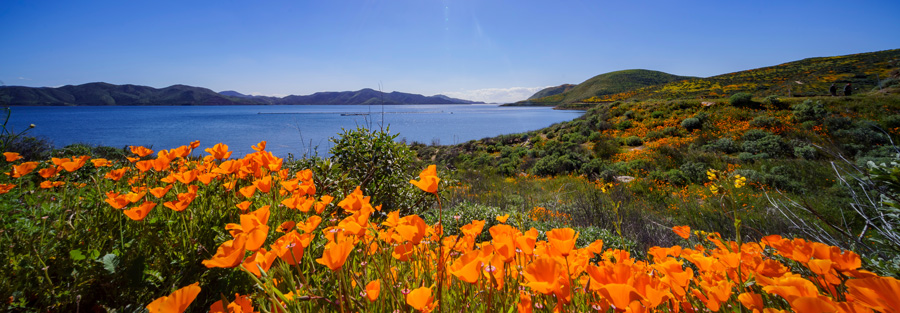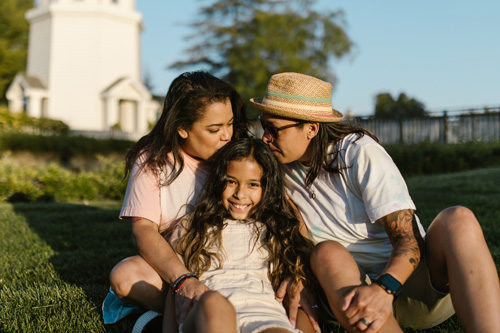
The RP Group’s Land and Labor Acknowledgments Process
The RP Group intends for its land and labor acknowledgments to move beyond delivering a performative statement and instead authentically demonstrate our commitment to better serving Native Americans and other communities of color. These acknowledgments are tailored to each event where they are presented, so we do not simply read the same statement each time.
To customize the acknowledgment at our in-person and virtual events, we recognize the tribes on whose land we occupy, including their past, present, and future, and highlight one of the groups whose labor has been exploited, sharing their history and contributions. Our hope is that each time our land and labor acknowledgments are shared, they are authentic and meaningful.

We also aspire to be purposeful in determining when and where to present our land and labor acknowledgments to avoid it becoming perfunctory or performative. We decided to present our land and labor acknowledgments at our (1) conferences and other in-person events, (2) virtual workshops and webinars with a broad focus on equity or specific to the success of marginalized students, and (3) in-person Board and staff meetings.
The process for presenting our land and labor acknowledgments at in-person events includes:
-
Determining whether the particular event meets our criteria above
-
Researching the tribes on whose land we are meeting, to include information on their past, present, and future
-
Researching the correct pronunciation for each tribe and including the phonetic pronunciation in the script
-
Selecting the group to be honored as part of the labor acknowledgment
-
Identifying who will present the acknowledgments at the event
-
Incorporating language at the end of the acknowledgments to help transition to the rest of the program
-
Preparing the script and accompanying slides using pre-populated templates
Since our virtual events are typically shorter in length than our in-person events (60-90 minutes), we take a more focused approach to the land and labor acknowledgments to ensure that we still pay respect to the groups in the acknowledgments while recognizing that we have limited time in the space. To that end, our process for presenting our land and labor acknowledgments at virtual events includes:
-
Determining whether the particular event meets our criteria above
-
Identifying who will present the acknowledgments at the event
-
Identifying the tribes indigenous to where the presenter resides
-
Researching the correct pronunciation for each tribe and including the phonetic pronunciation in the script
-
Preparing the script and accompanying slides using pre-populated templates
Our land and labor acknowledgments are customized for each presentation with the context of the event and specifics of the event’s location. Below, you will find more specifics about how the land and labor acknowledgments are customized.

Land Acknowledgment
For in-person events, research the tribes indigenous to the event location to not only share their history but also their current experiences, contributions, challenges, and/or successes. For virtual events, identify the tribes indigenous to where the presenter resides.
Labor Acknowledgment
For in-person events, we share additional information about the history and impact of one of the groups that were exploited for their labor:
For each honored group, we have prepared brief descriptions that are not meant to be a complete history of their plight or contributions, but to raise awareness and facilitate respect. The selection of the honored group is up to the presenters; however, we ask them to consult the schedule below to determine if a particular group’s heritage month coincides with the timing of the event.
|
Month
|
Celebration
|
Honored Group
|
|
February
|
Black History
|
Black/African American
|
|
May
|
AAPI Heritage
|
Chinese or Filipino
|
|
September/October
|
Hispanic Heritage
|
Mexican American
|
|
November
|
Native American Heritage
|
Native American
|
For virtual events, we read the labor acknowledgment that lists all the honored groups.
What You Can Do
We conclude by encouraging attendees to learn more about Indigenous territories, languages, lands, and ways of life—in general and specific to the land they now occupy—and seek ways to support their local tribes with more than just words. We also encourage them to learn more about the labor history of different groups in their local area, the state, or the nation.
We then include sample suggestions for how they can learn more, including:
-
Relearn the stories of Christopher Columbus, slavery, and immigrant and migrant history
-
Recognize and celebrate heritage months
-
Donate to programs and charities that support these communities
-
Read, watch, and engage in content created by these communities
-
Talk about issues and causes that affect these communities
-
Advocate for students, employees, and local communities of color
-
Support businesses owned by people of color
-
Seek to understand what it means to decolonize our practice